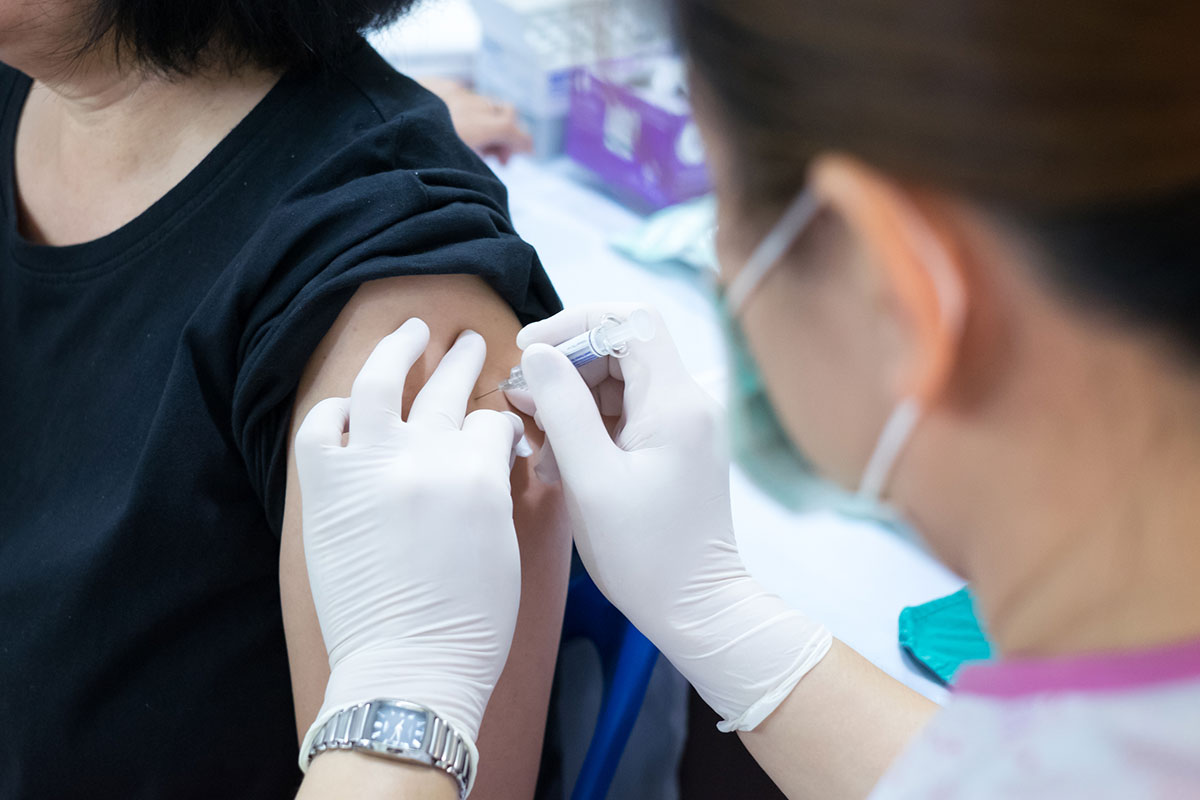<< Back
How the COVID-19 Vaccine Will Be Distributed

December 11, 2020
No job caring for the sick or elderly? No underlying health conditions (thankfully!)? No side gig with the volunteer fire department, making you a first-responder?
Join those Americans considered least vulnerable to complications from the COVID-19 virus and, therefore, not part of the first wave of vaccination. There are millions in this group, but according to Eric Arlia, Hartford HealthCare’s system director of pharmacy, the wait is almost over.
“In Phase II of the vaccine process, I expect there will be prioritization in the general population, preference to those with preexisting conditions,” he said of the phase expected to begin once impending rounds of inoculation for front-line healthcare workers and nursing home residents are complete. “I think by late spring you’ll probably see it be generally available to the public.”
Arlia, part of the Hartford HealthCare team coordinating distribution of the vaccines as they become available, said initial inoculation plans include clinics like those run every fall for seasonal flu vaccine. Eventually, the vaccine will be more widely available.
“We would like to see that our medical offices, at some point, be able to vaccinate their patients through the normal process, and I believe chain and independent and our pharmacies will be able to provide vaccinations like they do for the flu,” Arlia said.
He also said there will be efforts to ensure that underserved populations in the area have adequate access to COVID-19 vaccine. This might include dedicated pop-up clinics in underserved areas.
“It will be a blanket approach with a lot of different ways to connect to the public,” Arlia said. “We will do everything we can to make it easy and convenient for people to get it.”
People will be given whatever brand of vaccine is available. While the Pfizer and Moderna vaccine frontrunners will require two doses given about three weeks apart to be most effective, others currently being developed and seeking federal government approval only require one dose.
Looking ahead, people might need to get vaccinated again to stay safe. Currently, the length of time one is protected against COVID-19 after getting a vaccine – which are about 95 pecent effective – is still unknown. The pharmaceutical companies manufacturing them will need to monitor the participants in their trials to determine of the vaccine must be given annually like the seasonal flu or less frequently, Arlia said.